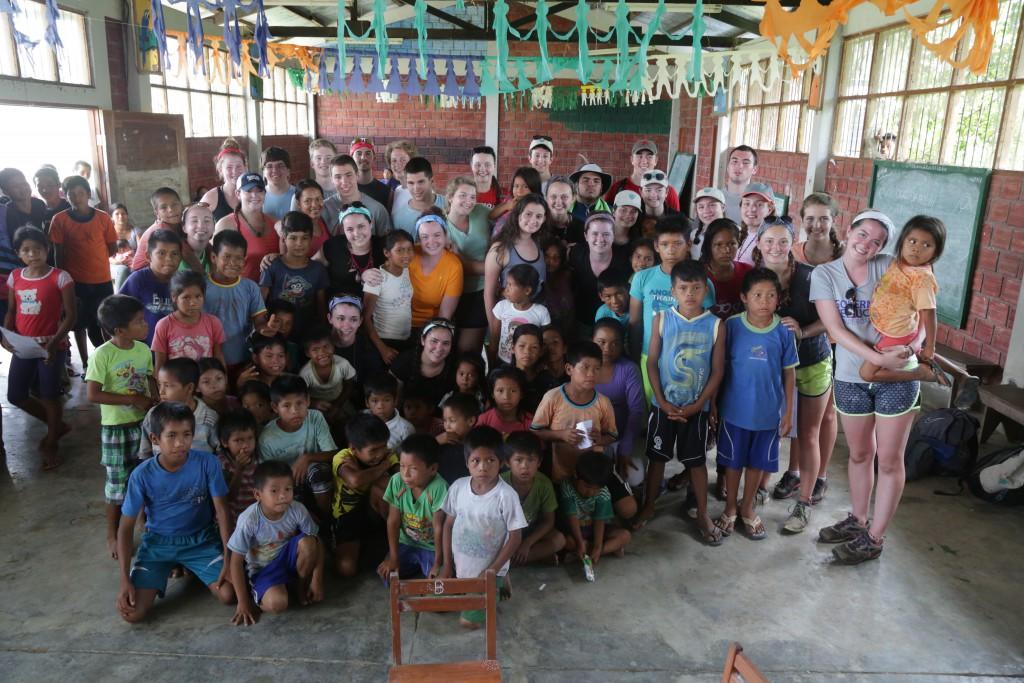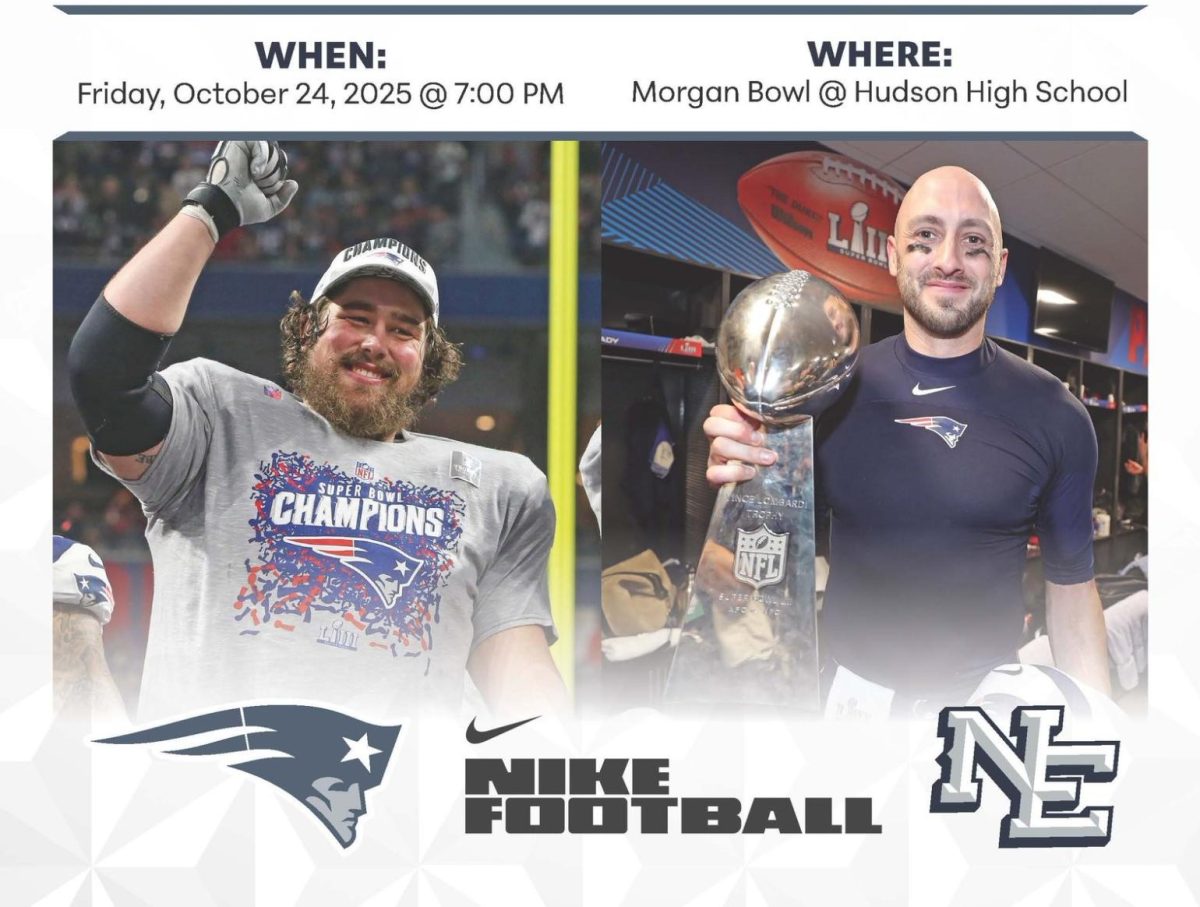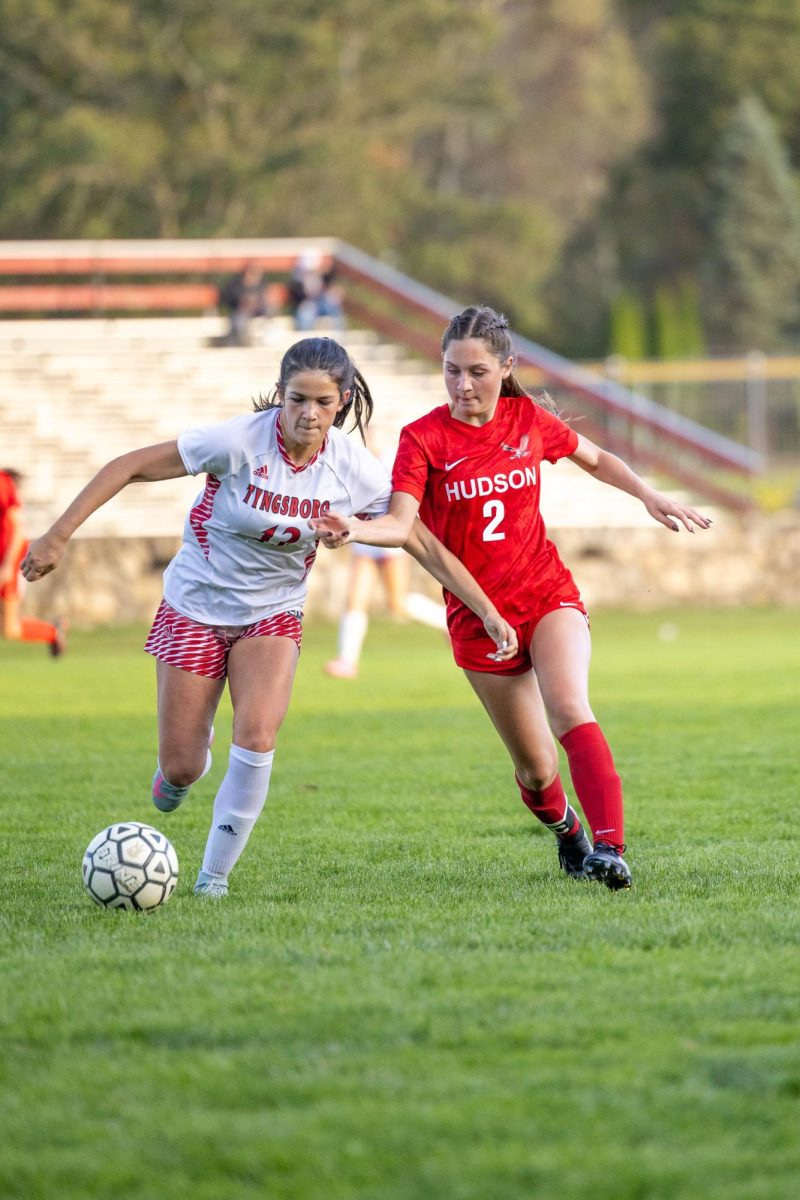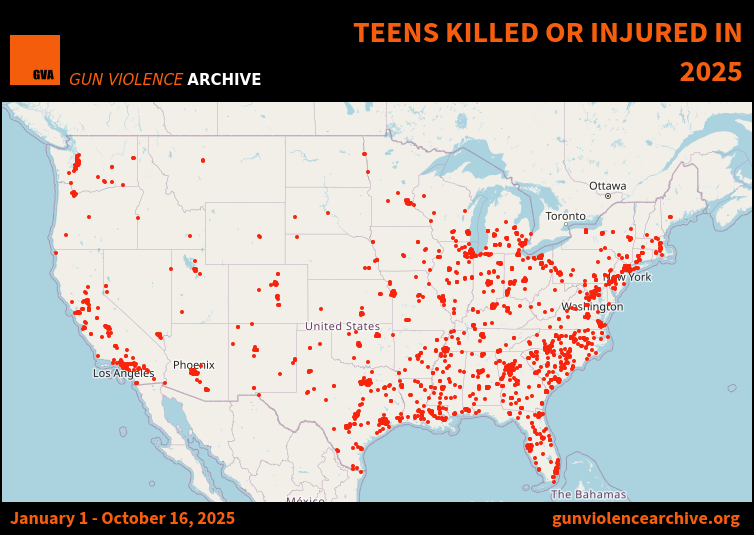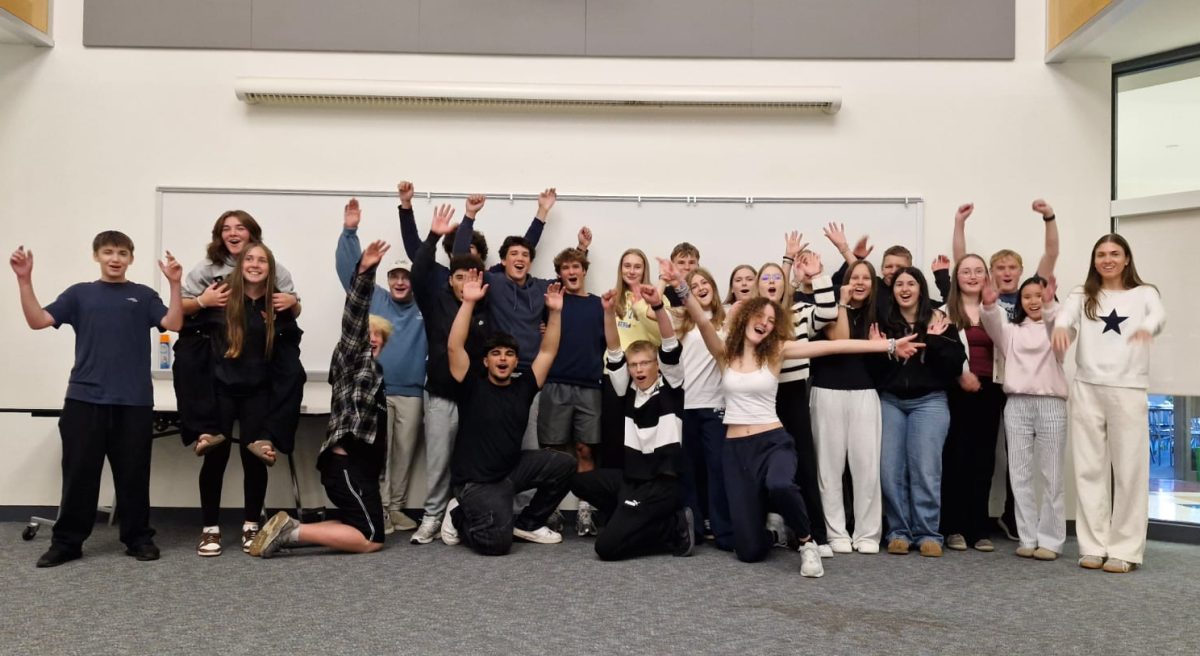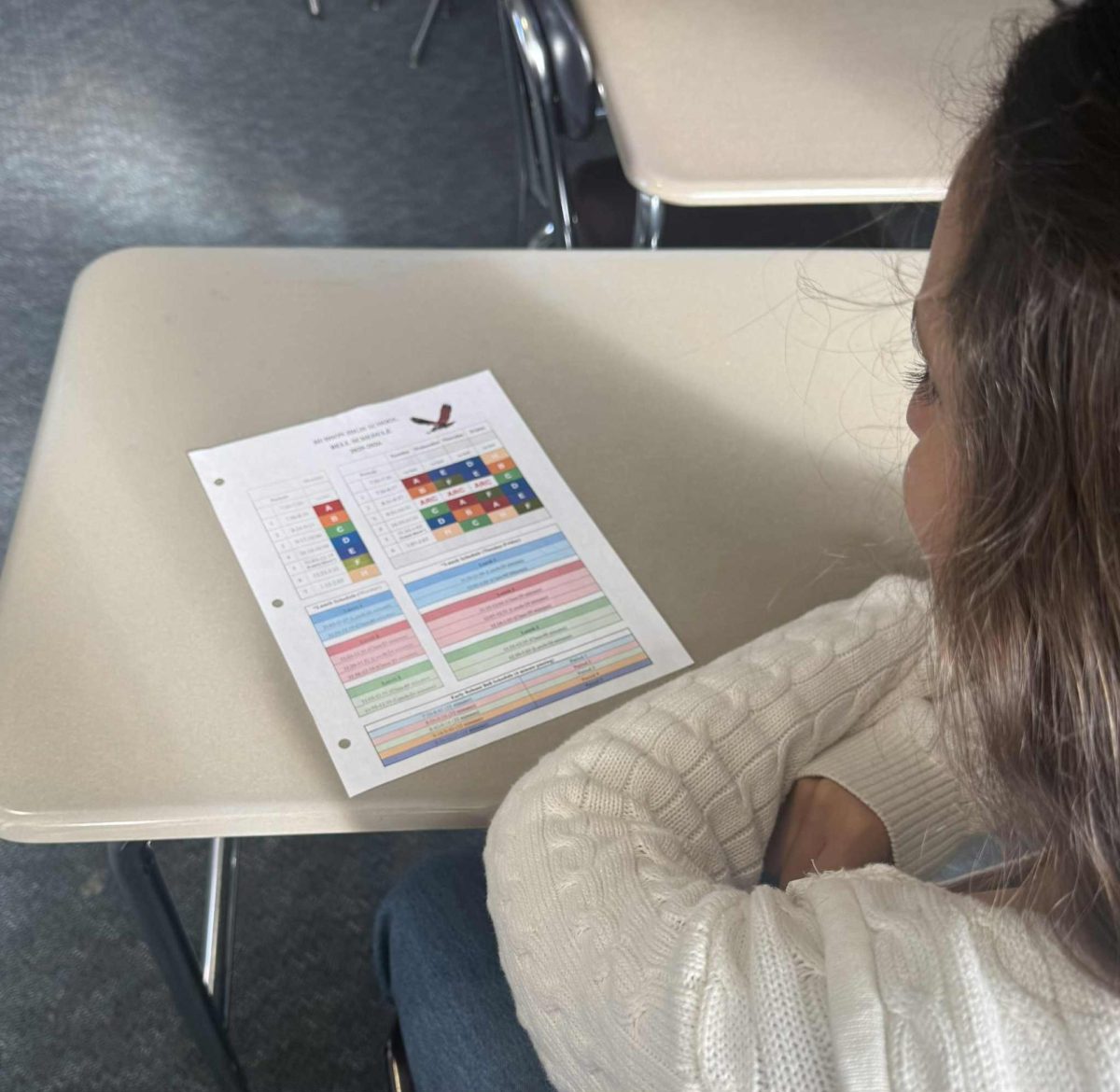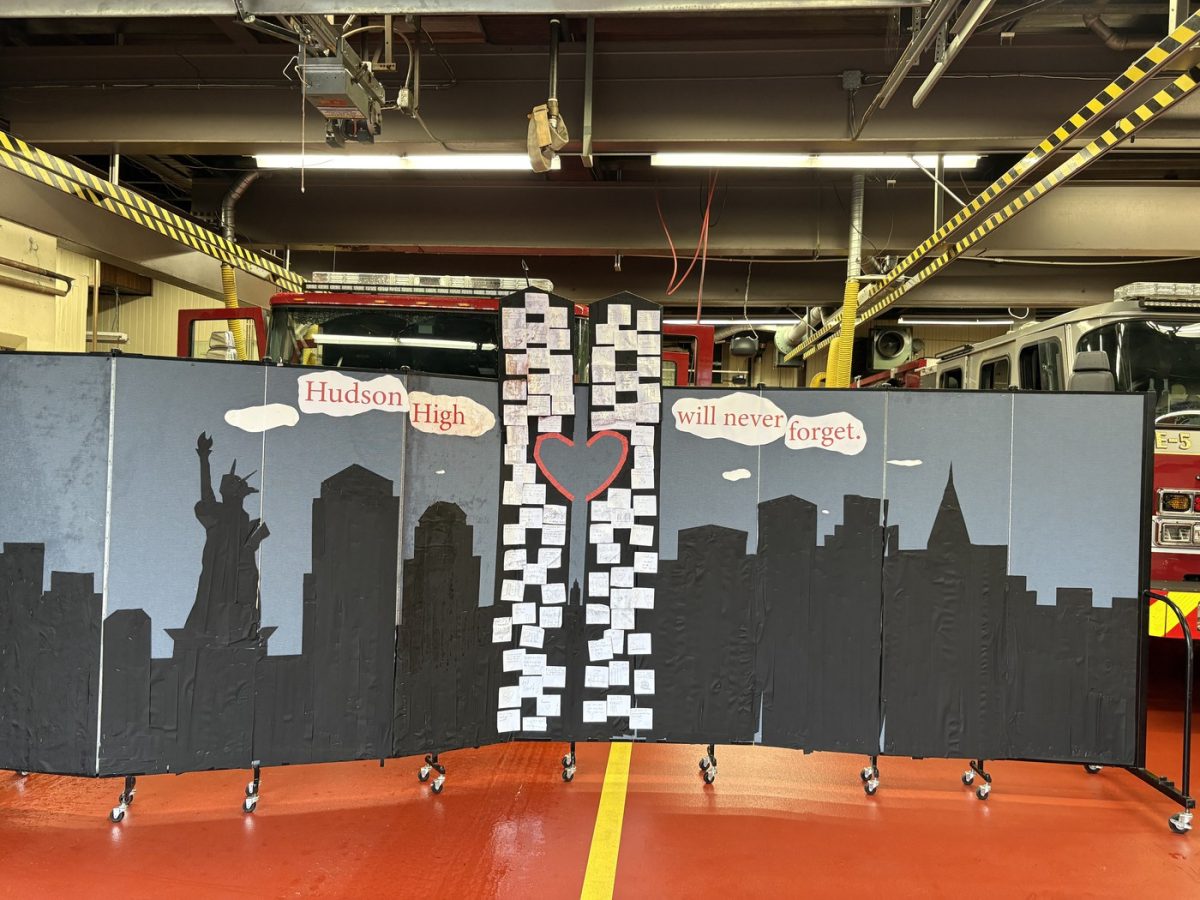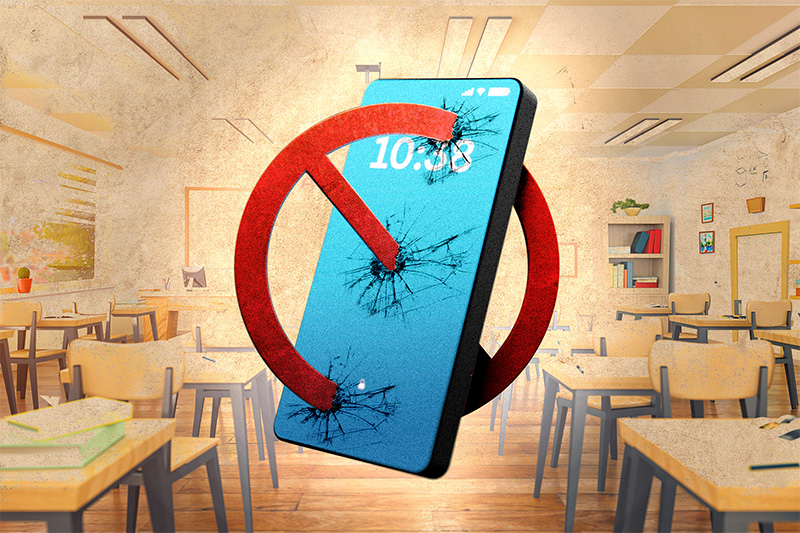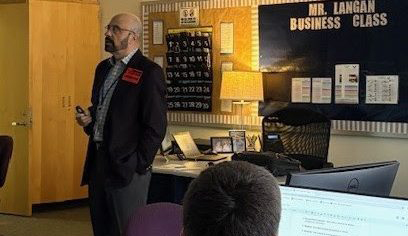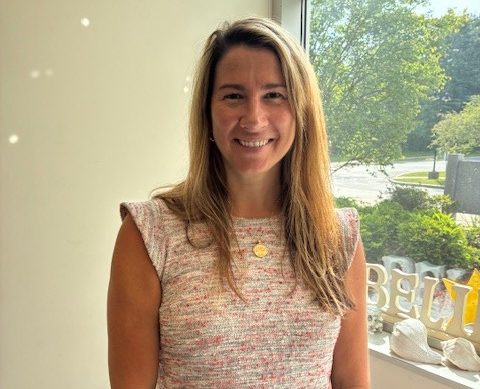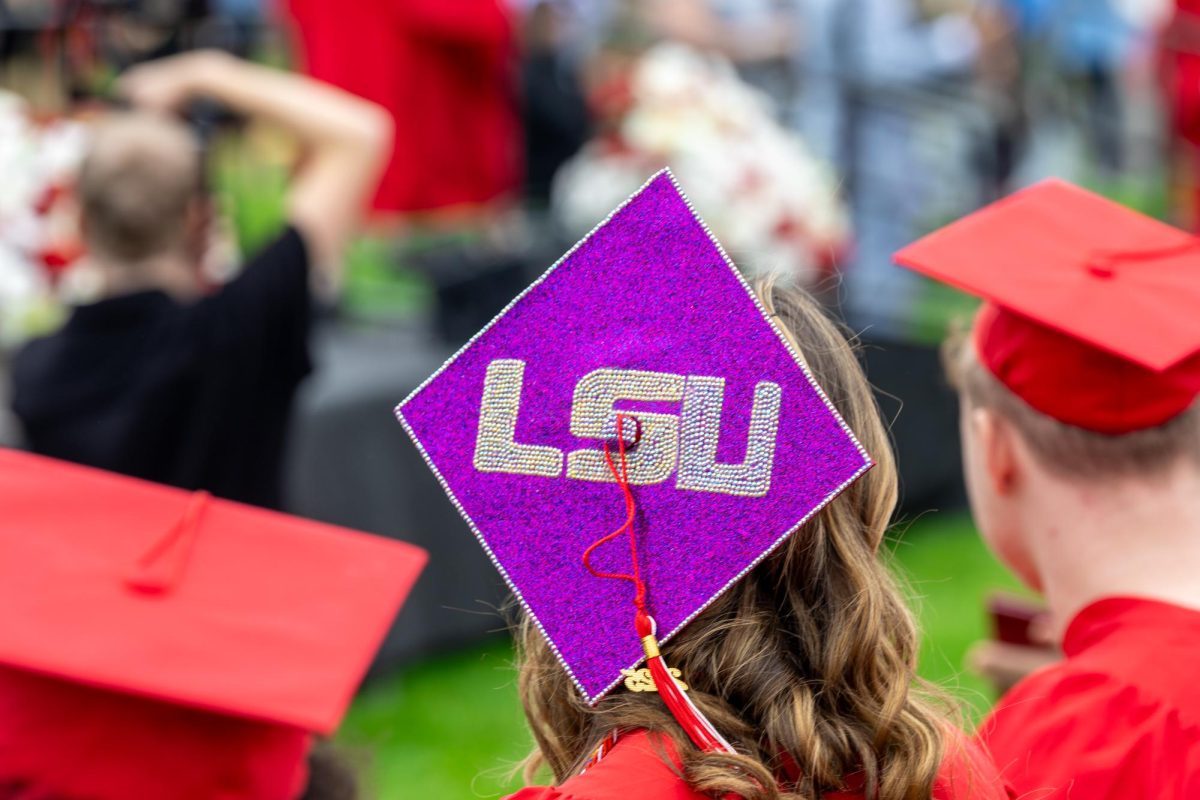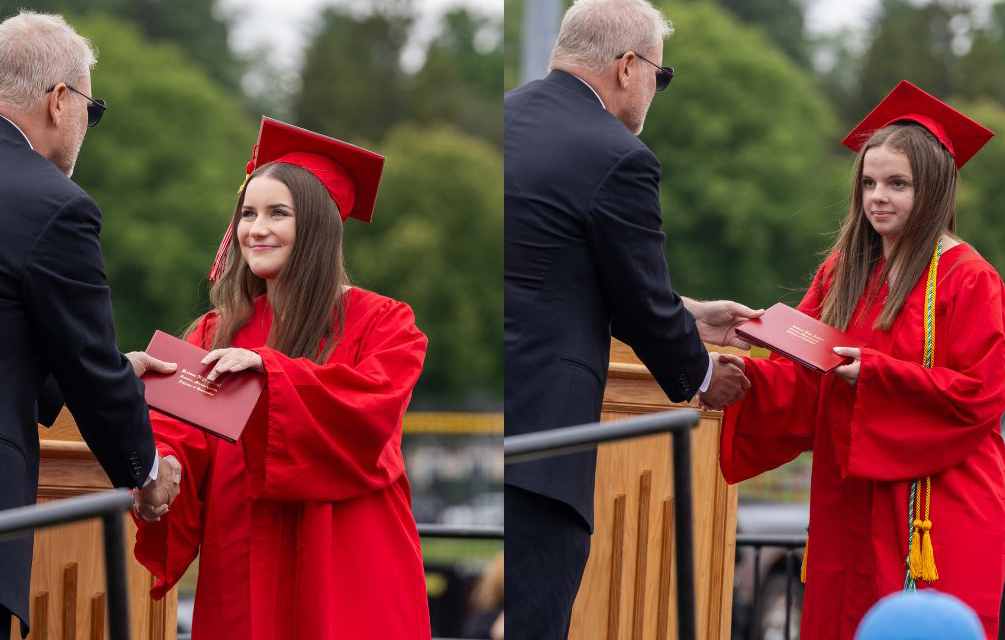by Brian Twomey
Starting this year the Germany/Peru trips will be held on alternating years. The Peru crew is going this year, and next year will the trip to Germany, instead of both groups going in the same year.
June Murray, one of the leaders of the Peru crew, and Whitney Nielsen, a leader of the Germany trip, had similar feelings towards the new system. They both believe that it will help the trips significantly. The hosts in Germany and Peru are also in favor of the year switch.
Murray believes that the alternating years will help ease the workload on the leaders by giving them more time to make plans.
“I believe that part of that is because, I’m older. Taking a bunch of kids to the Amazon every year, it’s grueling. It’s a lot of work. Being able to take a year off, to plan for the next year, is beneficial to not just me, but for my state of health as well. And we felt the school should offer an opportunity for kids to travel every year. It’s an important opportunity for high school students. So with a way to zigzag it and have Peru go one year, and Germany another, then that would fill the need for kids to have the opportunity to travel every year,” said Murray.
Nielsen agreed. “This time last year we were all frantically planning the field trips and emailing people in Germany and making phone calls in German. Now we can breathe a little bit and make more long term plans. Now this time next year we will be doing those things. It’s just good to have some time off in between,” said Nielsen.
Senior Monica Anderson, who attended the Germany trip last year, understood why they couldn’t go again. “I had gone into the trip knowing that I wouldn’t go again, simply because of the cost of it. I wasn’t sad for myself when I found out it was the last one, but I felt bad for some of the other people who may have wanted to go next year,” said Anderson.
They also believe that the amount of students attending will rise.
“It will give the kids a chance to save up for more than a year. Maybe some kids who didn’t think they could afford the trip now if they are planning two years ahead would be able to afford the trip if they save up,” said Nielsen.
More students attending the trip makes it easier to prepare for events.
“The main reason that we all agreed to switch it was to make sure more students go on the trip. If we’re going to rent a bus for a handful of students, we might as well fill the whole bus. It would be more cost effective. It should save the families money,” says Nielsen.
Even though both groups will take a year off, the connection with these countries will still be strong.
“Mrs. Smith is very close with some of the teachers in Germany. Some of us are even Facebook friends. We like our relationship with the Germans,” said Nielsen.
“Of course it’s hard not to spend time with friends physically, but my friends Iquitos will be friends whether we are physically together or not. An example of that is when we used to travel to the peruvian amazon every year until 9/11. The last trip we made was in 2002 quite frankly because it was just too difficult to convince people that it was safe to make a trip that was that isolated.
You gotta remember, we have no contact with the outside world. No emailing, no cell phones, if you go on this trip you are going for 10 days to the jungle with no contact with the outside world. There was a lapse of time from 2002-2014 when I didn’t go on this trip.
In 2013 a group of students began hounding me about why we can’t go to the amazon. I said, ‘You know what, I’m going to check if my contacts are valid. They were, and they arranged the trip.
In 2013 when we got off the planes I am literally crying hugging Ricardo, Luis, I couldn’t believe I was back there. Even the baggage man remembered me from 12 years ago. He threw his arms around me and said, ‘Teacher, teacher, you’re back!’ It was an insane moment.
We don’t have to be in the same location to care about one another, and they talk about the students from Hudson High School like his kids,” Murray remembers.
